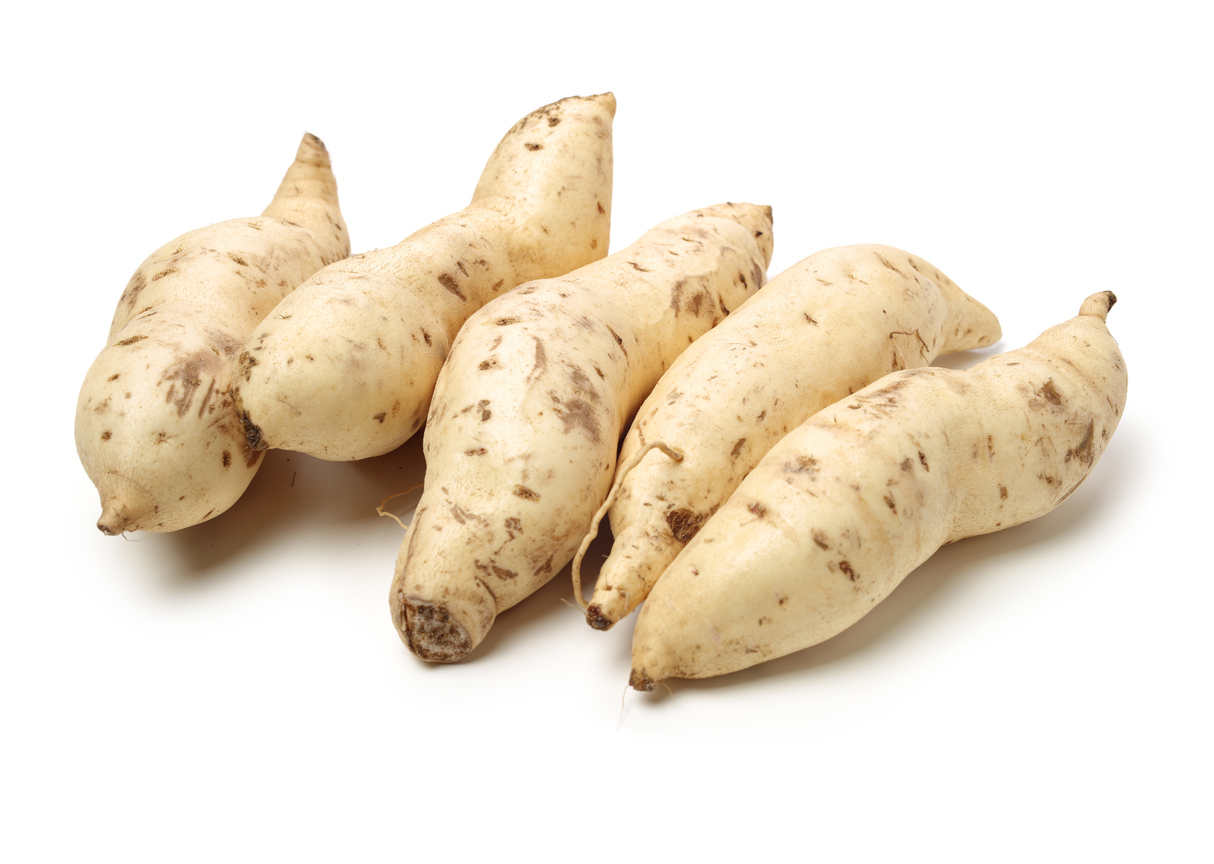
Sweet Potato DNA Decoded, Reveals Ancestry
August 13, 2025| |
For decades, the sweet potato, a vital crop for millions, has kept its genetic secrets due to its complex genome. Unlike humans, who have two sets of chromosomes, sweet potatoes have six, a condition called hexaploidy, which made decoding its DNA an immense challenge. A team of scientists at the Boyce Thompson Institute, led by Professor Zhangjun Fei, has finally decoded the complete genome of a sweet potato variety called 'Tanzania,' known for its disease resistance.
Published in Nature Plants, the study used advanced DNA sequencing to untangle the plant's 90 chromosomes and separate them into their six original sets. This groundbreaking achievement provides an "unprecedented level of clarity," according to Fei.
The research revealed that the sweet potato's DNA is a mosaic of multiple wild ancestors, some of which have yet to be identified. One-third of its genome comes from Ipomoea aequatoriensis, an Ecuadorian wild species, while another portion resembles a Central American species called Ipomoea batatas 4x. The ancestral genetic sequences are uniquely intertwined on the same chromosomes, which makes the plant highly adaptable and resistant to disease.
This intertwining of genetic material, along with its six sets of chromosomes, is key to the sweet potato's remarkable resilience. The multiple copies of important genes act as backups, helping the plant withstand drought, pests, and other environmental stressors, a feature known as polyploid buffering.
For more details, read the news article on the Boyce Thompson Institute website.
| |
You might also like:
- Alternative Agrobacterium Method Bypasses Tissue Culture to Multiply Sweet Potato Cultivars
- Researchers Analyze the Sweet Potato Proteome
- IbSnRK1 Gene Improves Starch Content and Quality in Sweet Potato
Biotech Updates is a weekly newsletter of ISAAA, a not-for-profit organization. It is distributed for free to over 22,000 subscribers worldwide to inform them about the key developments in biosciences, especially in biotechnology. Your support will help us in our mission to feed the world with knowledge. You can help by donating as little as $10.
-
See more articles:
-
Plant
- MIT and Harvard Scientists Boost Precision of Genome Editing
- Food Safety Minister Adopts FSANZ’s Labeling Rules for GM Food Without Added DNA
- Texas A&M University and Uzbekistan Partner for Next Step Toward Humanitarian Use of Ultra-low Gossypol Cotton
- EFSA Scientific Opinion Calls for Modernised Protein Assessment of GMOs
- Sweet Potato DNA Decoded, Reveals Ancestry
- International Team Develops Model to Analyze Potato's Growth-Defense Trade-off
-
Food
- 8th Asian Short Course on Agribiotechnology, Biosafety Regulation, and Communication (ASCA8)
- ISAAA, Inc. E-newsletter to Feature Exclusive Agri-biotech Insights Monthly
-
Read the latest: - Biotech Updates (February 18, 2026)
- Gene Editing Supplement (January 28, 2026)
- Gene Drive Supplement (February 22, 2023)
-
Subscribe to BU: - Share
- Tweet

